Leisure Studies
Leisure studies is a social science field focused on understanding leisure activities and experiences, including recreation, tourism, and other forms of free time. It examines the social, cultural, psychological, and economic aspects of leisure, and how it impacts individuals and communities.
Key aspects of leisure studies:
- Interdisciplinary approach: It draws on concepts and methods from various disciplines like sociology, psychology, economics, and anthropology.
Focus on understanding:
It aims to understand the meaning, purpose, and impact of leisure activities on individuals and society.
Practical applications:
It informs the development of leisure programs and policies designed to enhance well-being and quality of life.
Areas of study within leisure studies:
- Recreation and tourism: Examining the planning, management, and impact of recreational activities and tourism experiences.
Leisure behavior:
Investigating the motivations, choices, and patterns of leisure participation.
Social and cultural aspects of leisure:
Exploring the role of leisure in shaping social identities, cultural practices, and community life.
Leisure and well-being:
Understanding the relationship between leisure and physical and mental health.
Digital leisure:
Analyzing the impact of technology and digital platforms on leisure activities and experiences.
Serious leisure:
Studying leisure activities that involve significant effort, skill development, and commitment.
Careers in leisure studies:
- Recreation program coordinator
- Tourism planner
- Event manager
- Leisure consultant
- Researcher
- Community development worker
- Policy analyst
In essence, leisure studies provides a framework for understanding the multifaceted role of leisure in human life and its impact on society, while also contributing to the development of effective leisure programs and policies.






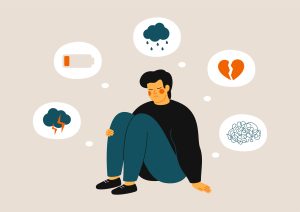

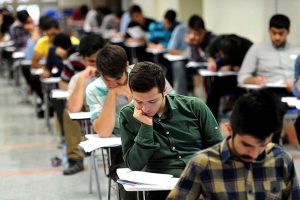

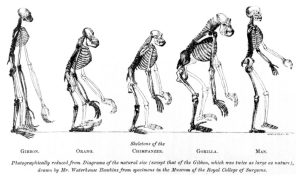










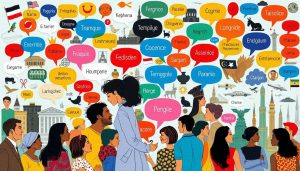







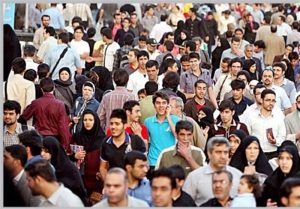
Post Comment